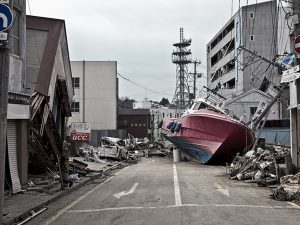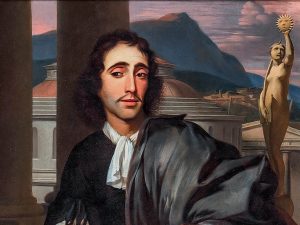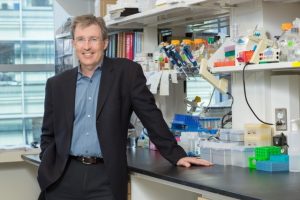Late in 1997, when Bruce Ross told me that Bill McGivney would replace him as CEO of the National Comprehensive Cancer Network, I thought the recruitment made sense.
Cancer History Project editorial board member Robert Peter Gale shares his perspective on the Fukushima Daiichi nuclear accident, marking the 10th anniversary of the disaster.
The National Comprehensive Cancer Network, an organization that promulgates guidelines based on standards of care provided at academic institutions in the U.S., is indisputably one of the pillars of oncology today.
This column in The Cancer Letter features the latest posts to the Cancer History Project by our growing list of contributors.
A quarter century ago, on March 3, 1996, in Ft. Lauderdale, the National Comprehensive Cancer Network held a conference—its first.
This column in The Cancer Letter features the latest posts to the Cancer History Project by our growing list of contributors.
UpcomingBook Event: From Shadows to Life: A Biography of the Cancer Survivorship Movement
Can one be too smart? In some disciplines such as physics and mathematics the answer is clearly no. In medicine, the answer is not so clear.
On a visit to Virginia Commonwealth University Massey Cancer Center Feb. 24, first lady Jill Biden issued an unprecedented presidential call to action on reducing health inequities—specifically, cancer disparities—in demonstration of the White House's effort to reach and engage underserved communities.
Five academic cancer centers have formed a unique research alliance, Break Through Cancer, to focus on four cancer types—pancreatic cancer, ovarian cancer, glioblastoma, and acute myelogenous leukemia.













